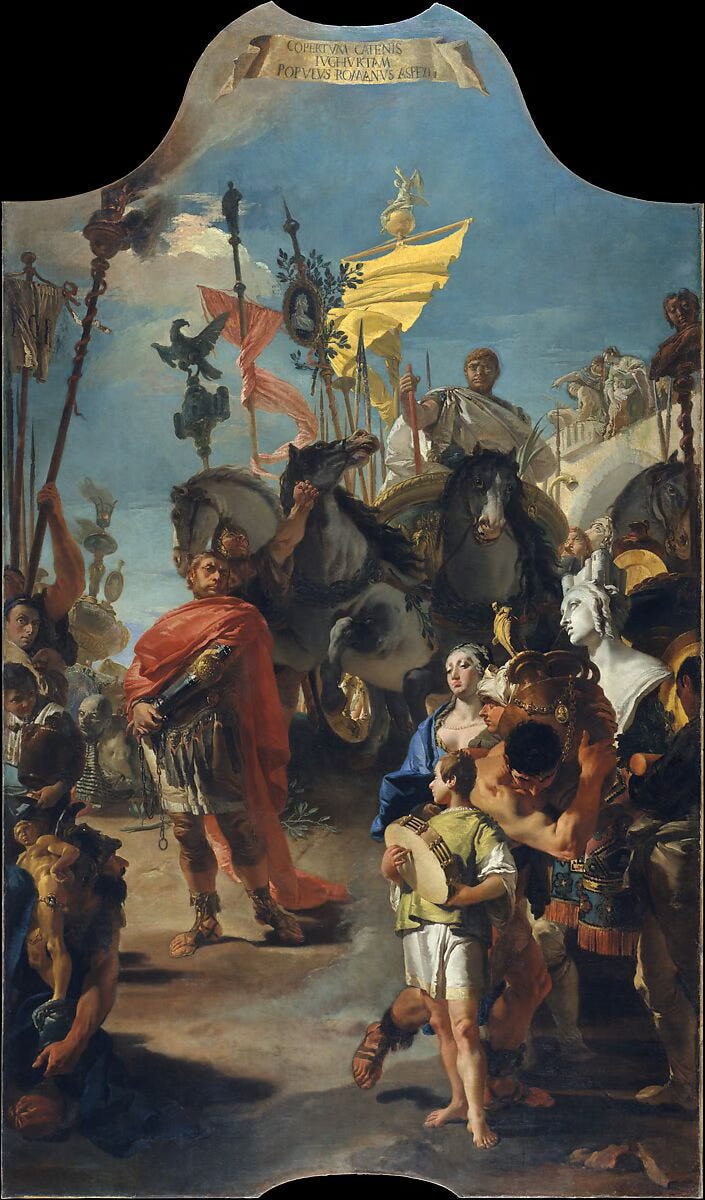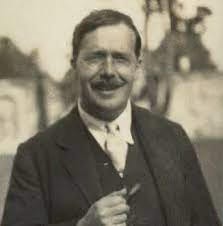Dear Friends,
I’m sharing a reflection on historical fiction. This is all part of the exhale of getting to the end of a (historically-themed) novel.
Best,
Sam
HISTORICAL FICTION: THE PROBLEM GENRE
“Historical fiction is a tricky genre,” I remember the leader of a writing workshop saying once. He was a professional editor and the way he held out the word ‘tricky’ made it clear what he meant: he had been through many, many horrible manuscripts of historical fiction, to the point where he was close to despairing of the whole genre.
This is unfortunate because historical fiction, I would contend, is very close to the heart of why we want to write and read in the first place. Writing is ultimately a form of continuity — of creating chains of understanding with people who have died and people who aren’t born yet — and history as a discipline is often insufficient to give a full picture of the past. The first-person accounts are incomplete or mendacious. The written history ends up being too dry. We want to feel what it was really like, and there would seem to be no better way to do that than to write it ourselves.
But the past is a coquette and it throws up endless subtle barriers to understanding. Language is different. Mentality is different. The social and material realities of the society are different — and constantly shifting. There is almost nothing worse than somebody bulldozering into the past with the language and attitudes of the present and trying to force the past to conform to the moral standards of the present (that’s been the trend in America, in things like Dickinson, until everybody finally drew the line at Netflix’s Persuasion). But if that is bad, what is worse still is somebody cloaking themselves in archaisms or overly reverential treatments of the past (this grandiloquizing Neo-Classicism and Romanticism makes several centuries’ worth of European art virtually unbearable to us).
But there has to be a path for historical fiction, and here, as I see it, are a few of the candidates for finding a sweet spot:
The path of Shakespeare and the Renaissance painters. Virtually all of the artwork from the Renaissance is, in a technical sense, historical fiction — depictions of the life of Jesus — but, of course, the painters couldn’t have cared less about getting the historical details right. Convention held that work could be set in a sort of timeless present. Shakespeare (although I think he actually was a bit of a history buff, particularly about Rome) didn’t have to work to get early England right for King Lear or the medieval period right for any of his history plays; and painters juxtaposed biblical characters with background figures in contemporary clothes. This approach worked perfectly well for hundreds of years (its strength is that it allowed artists to take on these larger-than-life stories from the distant corners of the past and to overlay on them their own contemporary concerns), but it relied on a certain shared convention. As modernity developed, and people became more literal, greater emphasis was laid on the unity of a work of art — arguably at the expense of historical fiction.
The path of Tolstoy, Stephen Crane, John Williams, John Barth, Robert Graves. The idea here is to tap a vein and to merge seamlessly with the time you are depicting. Tolstoy did it with the Napoleonic Wars, Crane with the Civil War, Williams with World War I, Barth with the colonial period, and Graves with Rome. Whether this works or not seems mostly to be a matter of talent and a certain feel for the period in question. Tolstoy, Crane, and Williams had their period in their sort of childhood memories. Graves had deeply studied Rome. All of them, for one reason or another, seemed to just have such a good feel of their period that they could write it as if from the inside-out.
The path of Walter Scott. Scott seemed to rescue historical fiction from the sarcophagus of Neo-Classicism by switching periods — from overly pristine, overly referential deference to antiquity to the more flesh-and-blood Middle Ages — and by showing a great willingness to use his imagination. What Scott, and the 19th century Romantics and Gothicists did, was more to create a historical period, with their own conventions and their own type of character. When this is done well, it’s extraordinary powerful — Mark Twain blamed Scott for the American Civil War, while Wagner, with his medieval-inflected Romances, deserves a great deal of responsibility for Nazism. In our own time, we’ve had a similar phenomenon with Game of Thrones — the Middle Ages kind of boxed up and redistributed in a fantasy world of George R.R. Martin’s devising, with Martin making use of the pageantry and mindset of the Middle Ages even as he creates characters who seem to gesture towards some very different mentality.
The path of Borges and Walter Savage Landor. This I would call the ‘floating past’ and is a very difficult, unusual genre. It’s a way of mining the past for the ideas one wants to take from it, very much as if one were rummaging around an antiques shop. As a genre, it seems to work in short writing — Donald Bartheleme and Hugo von Hofmannsthal also write this way — but is difficult to sustain.
The path of Patrick O’Brian, Bernard Cornwell, etc. This is fairly straightforward and is about deep immersion in one’s period, with the reconstruction as part of the point. This is kind of a genre for wonks, and the characters themselves can often fade into the background in comparison to all the lush detail.
The path of Quentin Tarantino and Colson Whitehead. The idea here is to make the past a vessel for wish fulfillment. It’s a very interesting, and fairly new, approach. The period in question is set up in a very recognizable way — Nazi Germany in Inglourious Basterds, the Antebellum South in The Underground Railroad — but the artist is in control of whatever happens. If he wants a Jewish assassin to end the war by lighting up Hitler, then that’s how history plays out. The point isn’t the accurate depiction of history — although the artist can have as much fun as they want with their setting — it’s to achieve some kind of collective catharsis, to say that the terrible and tragic ways that history actually played out don’t necessarily bind us and that, through an artistic, imaginative leap, we can reshape history in the way we want.
Needless to say, writers will work in all these forms and will have their own successes and failures. For me, the Tarantino/Whitehead path is intriguing and gives a certain freedom to the artist that more traditional historical fiction does not. It also allows for a bending of rules — why, for instance, should all technologies be invented in the order that they actually were invented in? Why can’t you take bits of different periods and sprinkle them into other periods? And, for the Tolstoy/Graves path, the internet would seem to give writers completely new (and, I think, somewhat untapped) resources: more documents and images are available than ever before, it becomes more possible (although not easy) for a writer to commune with their period.
Historical fiction has become a sort of step-sister of literature in general. Serious fiction now almost always means writing in the present, while ‘historical fiction’ implies romance, reenactment, costume drama. But it wasn’t always that way and it need not be. Real storytelling is difficult to imagine without historical fiction. And historical fiction, in its coquettish way, seems to offer resources that haven’t fully been explored.






A few other nominations to add to your illustrious list.
Hilary Mantel's Cromwell trilogy.
David Mitchell's The Thousand Autumns of Jacob de Zoet.
The Scarlet Letter
A Dance to the Music of Time
“the internet would seem to give writers completely new (and, I think, somewhat untapped) resources: more documents and images are available than ever before”
Is this really true, though? The internet can point to things, but the thing itself is often behind an academic paywall, or housed in an archive, or destroyed (there was a great fad recently in university libraries for scanning old books and then discarding them).